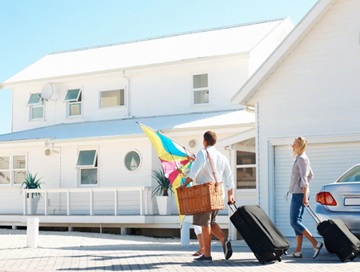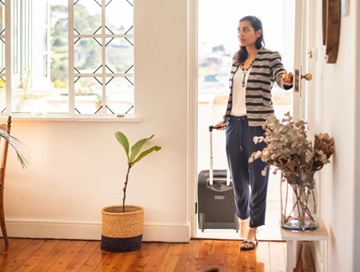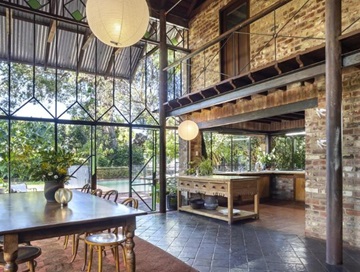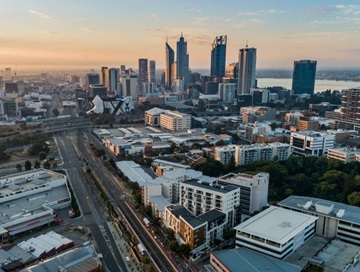Short-term rentals – check the checklist
22 September 2020"The WA property market is experiencing a rental shortage, so there’s never been a better time for owner occupiers to get extra cash by offering your spare room or investment home for short-term renting."

The Western Australian property market is experiencing a rental shortage, so there’s never been a better time for owner occupiers to get extra cash by offering your spare room or investment home for short-term renting. Before you list, here’s a handy checklist to make the process easy.
Pick your platform
The most popular online booking platforms are Airbnb, Stayz, HomeAway and FlipKey, but it’s good to do your own research to find the short-stay accommodation provider that’s the best fit. Go through all the terms and conditions to learn about the fees, features and fine print. You can host renters, by having them live in your home, or give guests exclusive use of your house or unit.
Call your local council
The State Government is looking into the regulation of short-term renting in WA and will be introducing a new low cost, flexible registration scheme in future. Currently the rules are made by local councils, but there are big variations, so use this local government finder to find out:
- if you need a council application, planning permit or registration
- what minimum stay period or limits on renters apply
- if safety and signage requirements are needed
- about amenities such as parking and rubbish collection, pet restrictions, noise limits and anti-social behaviour policies
- what rules might apply to a strata property, as some are not allowed to be used as short-term rentals.
Safety first
It’s a great idea to put emergency procedures in place in case of bushfire, cyclone or other disasters. A communications plan is helpful to keep people informed during emergencies, especially travellers who may not be familiar with the area, remembering that English might not be their first language.
Taking care to make sure furniture and fixtures are safe is also important in caring for your guests. Securing items that might pose a toppling hazard, fencing pools and checking blinds and curtains are a few ways you can accident-proof your property.
Are you covered?
Some online booking platforms offer insurance, so check what the insurance actually covers first. Your standard home or landlord’s insurance may not provide cover for theft, damage or public liability - the Insurance Council of Australia has a great tool for finding short-term holiday renting policies.
Any extra income needs to be declared in your tax return, so contact the Australian Tax Office regarding what records to keep - you may also be able to claim some deductions, so ask about what you’re entitled to.
What you see, is what you get
If you’re leasing out a room or property regularly, it might surprise you to know you’re considered a “trader” under the Australian Consumer Law.
This means that guests are your consumers, and it’s important to be honest and accurate with how you offer your renting experience. Make sure any advertising is correct and gives a true overall impression of what to expect. It’s best to include all relevant details and information.
Advice for home buyers and sellers
If you’re buying a property and would like to turn it into a short-term rental, ask if it is currently, or has in the past, been used in this way and what approvals have already been met. It is prudent to contact the local government authority to determine their requirements. And if selling a property used as a short-term rental, ask the agent to include this point in the marketing, as it may be a drawcard for some buyers.
Get more information
Visit the Consumer Protection website which has more short-term rental information.
To find out about the planned registration scheme for short-term rentals in WA, visitthe Department of Planning, Lands and Heritage website.



767bbbc6-4993-4f16-8933-e9b2baaac7a0.tmb-rcarousel.jpg?sfvrsn=8cf14270_1)





